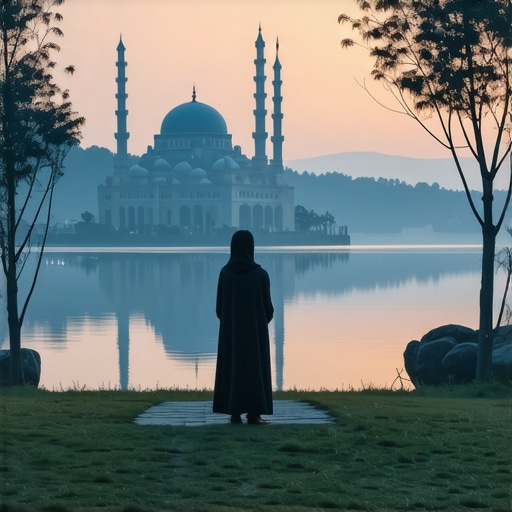[Case Study] Dreaming of an Expired Passport and Life Delays[Case Study] Dreaming of an Expired Passport and Life Delays
Introduction: The Symbolism of the Portal and the Document In the intricate tapestry of our subconscious, few symbols are as potent and anxiety-inducing as the travel document. When we consider


